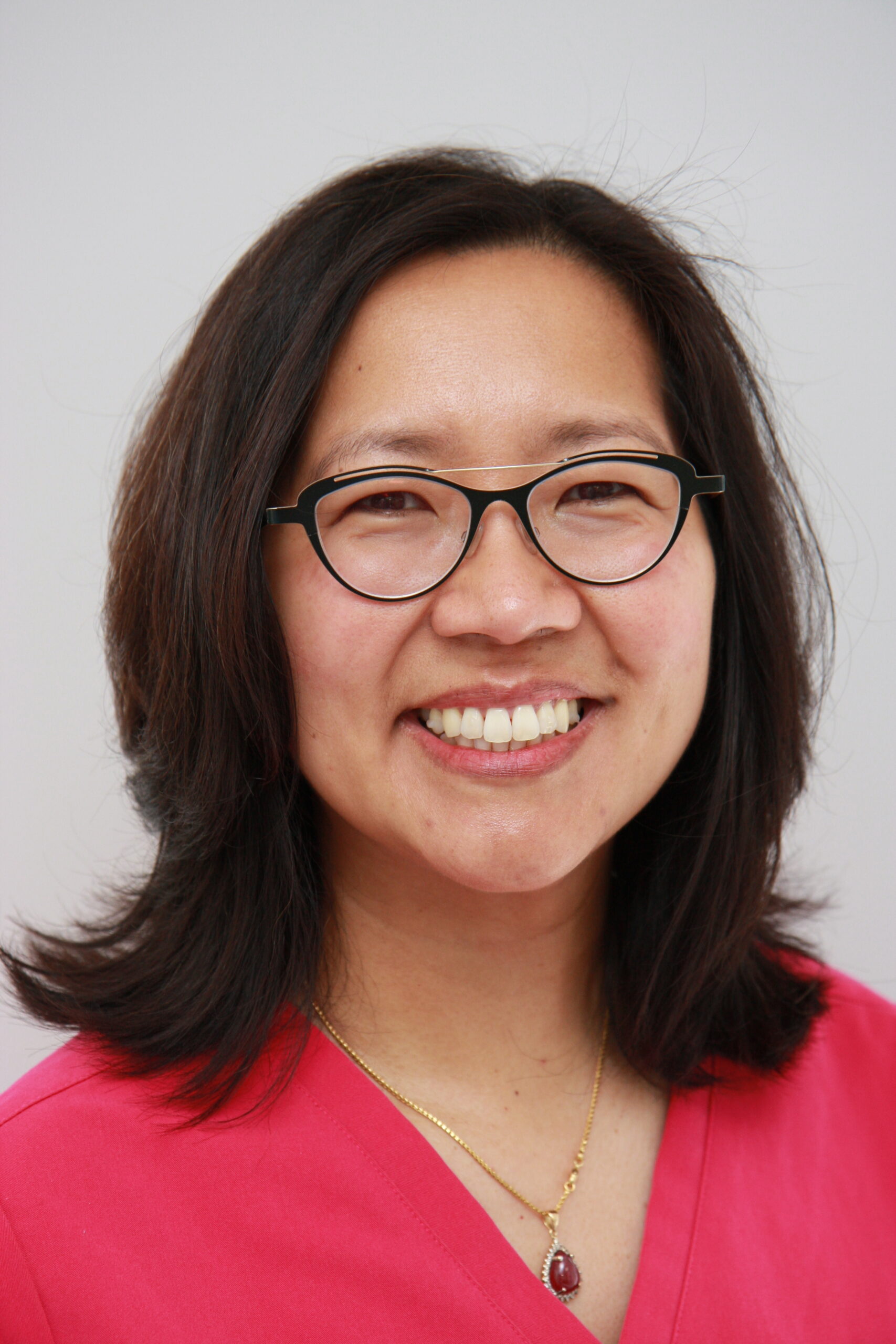

FAQ
Patient Information
Please do have a look through this page , which I hope will help you to learn more about dermatology, common conditions and what to expect from a consultation with a GMC registered Consultant Dermatologist, such as myself.
What to Expect at Your Appointment?
A consultation will consist of an initial discussion of your skin problem, together with more questions about your general health or questions relevant to your skin condition.
This is usually followed by a skin examination, which may involve examination of ALL your skin.
This is to ensure that no other lesions are missed, for example on your back and also to get a fuller picture of the amount of skin affected.
Once dressed, we will discuss your condition in more detail, including any further investigation which may be appropriate and the treatment(s) you need for your particular condition.
We will also discuss recommended follow-ups and explain what you need to do next eg to book another appointment or to obtain your medication.
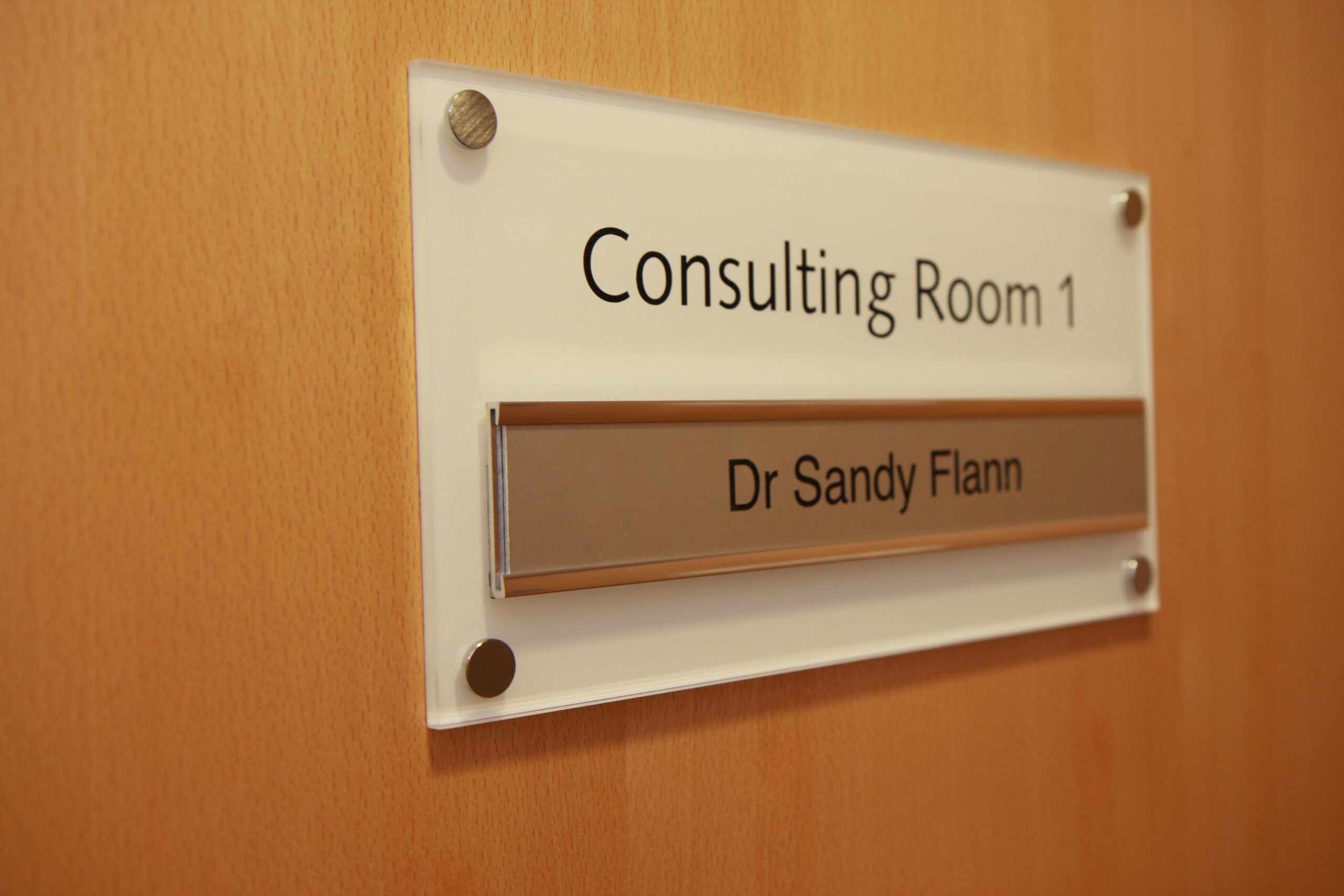
What is a Consultant Dermatologist?
A Consultant Dermatologist is the most highly trained skin specialist in the UK.
They are all doctors who have both completed medical school and then practised General Internal Medicine, in order to pass a postgraduate exam and become a member of the Royal College of Physicians.
Once this has been completed, specialist training in dermatology for a minimum of 4 years is required.
Since 2009, doctors must also pass a further postgraduate exam (Speciality Certificate of the Royal College of Physicians), in order to become a Consultant Dermatologist.
Only then has a doctor satisfactorily completed full dermatology training, so they can be recognised as such by the General Medical Council, put on the Specialist Register of Dermatologists and called a Consultant Dermatologist.
Many Consultant Dermatologists also undertake further postgraduate research or study in order to specialise further, as I have done myself.
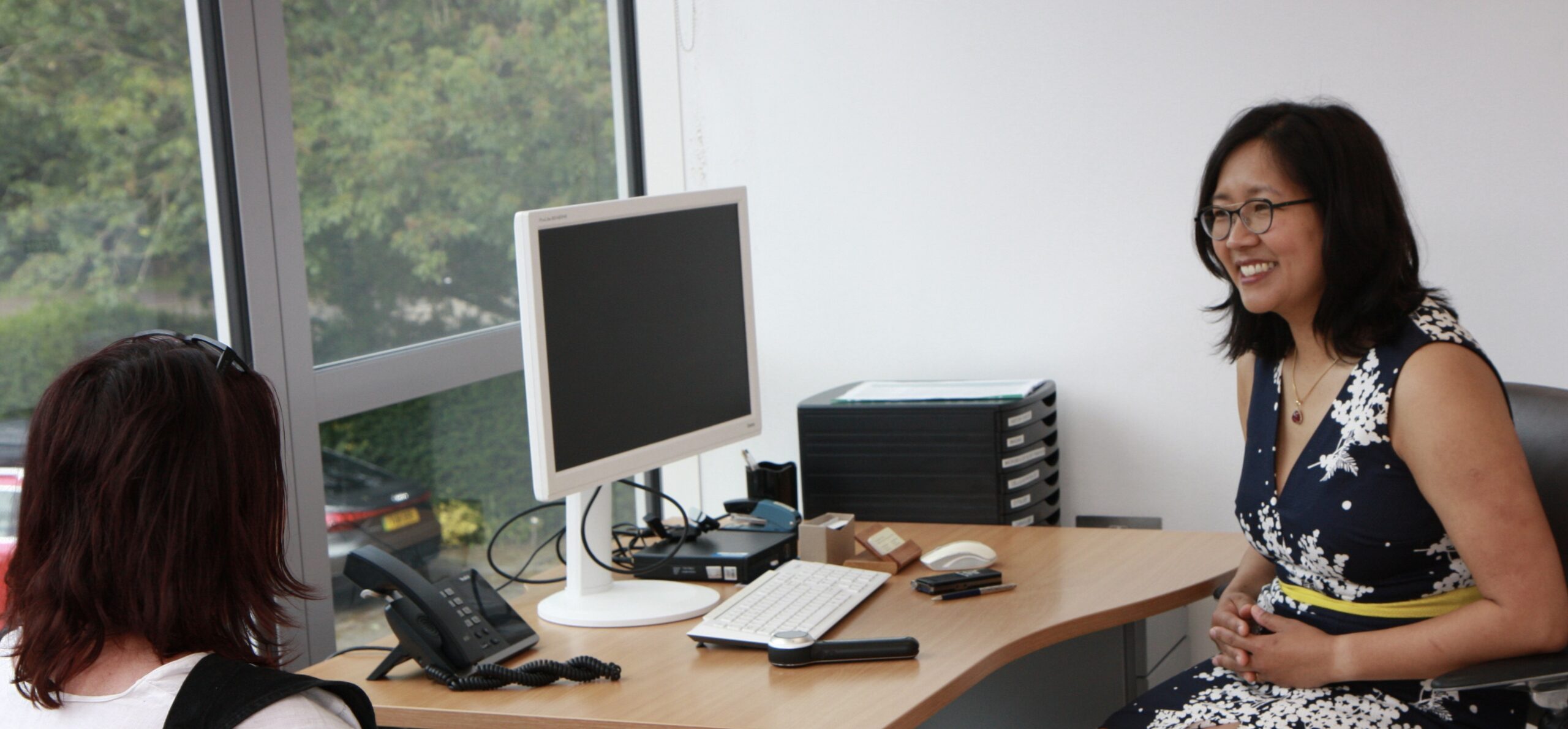
Can I Book Privately or With Insurance?
If you see wish to see a Consultant Dermatologist on the NHS, your GP will need to refer you.
With the NHS it is not often possible to choose which dermatologist will see you, but you may be able to choose which hospital you are seen in.
Benign skin lesions such as skin tags, benign moles and warts usually cannot be treated in an NHS clinic.
If you wish to see a Consultant Dermatologist privately, you can arrange this yourself (self-referral).
However, it is often helpful for your GP to refer you, even if you are seeing your Consultant Dermatologist privately, as they can tell your Consultant of any other medical problems you may have and other medications you may be on. They can also help to give your Consultant an initial indication of what the problem is and help in prioritising the urgency or possibly the type of clinic in which you need to be seen.
If you want your consultation and treatments to be covered by your health insurance, a referral letter from your GP is often required.
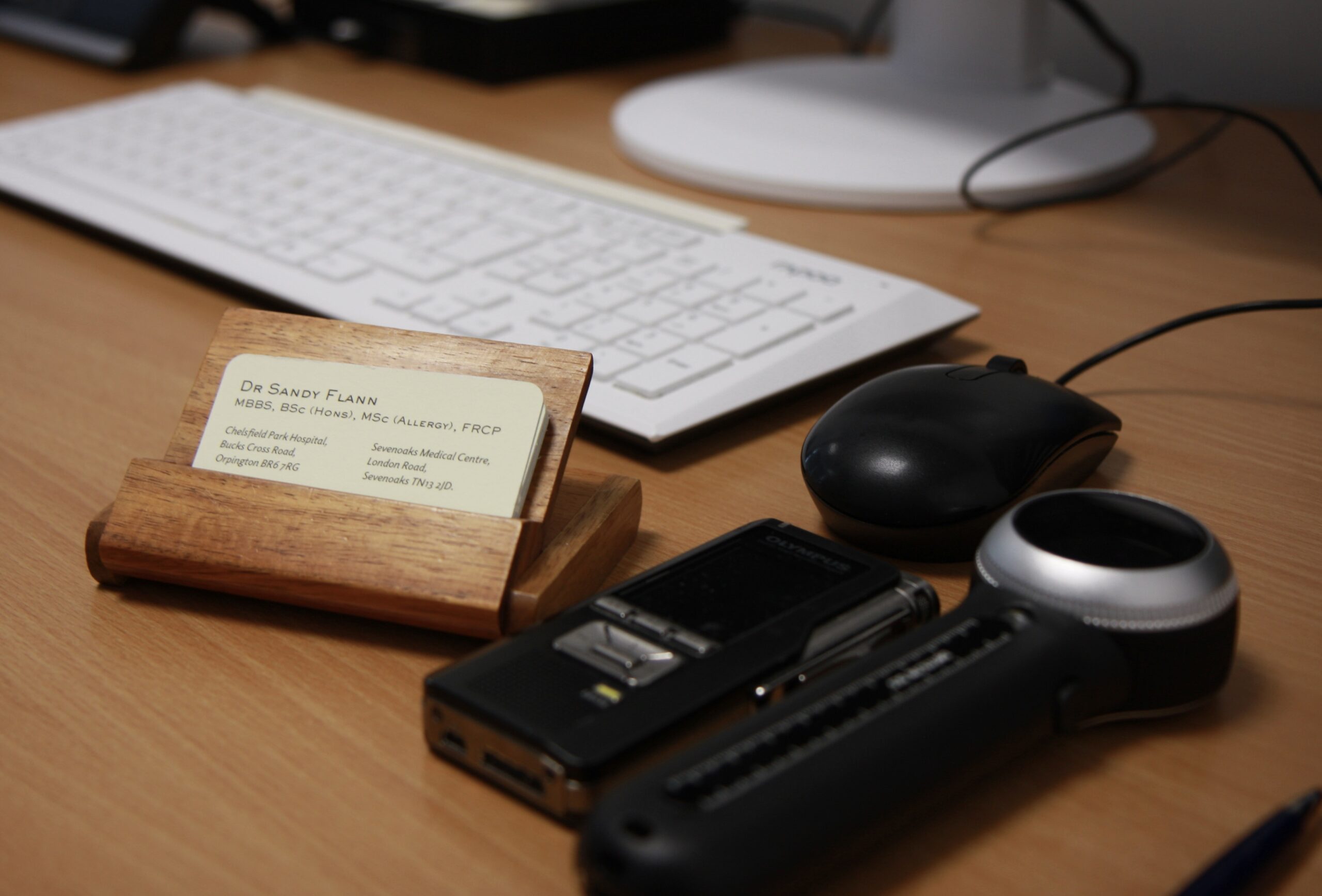
Dermatology – what is it?
Dermatology is a specialisation in all conditions affecting the skin, hair and nails.
They range from inflammatory skin conditions such as eczema, psoriasis and acne – through to skin cancers.
Some can be itchy or flaky or may cause no problems at all, whilst others can make the skin quite sore and uncomfortable.
Some conditions may be unsightly and cause significant psychosocial distress.
Some skin conditions can be life-threatening and require admission to hospital for treatment.
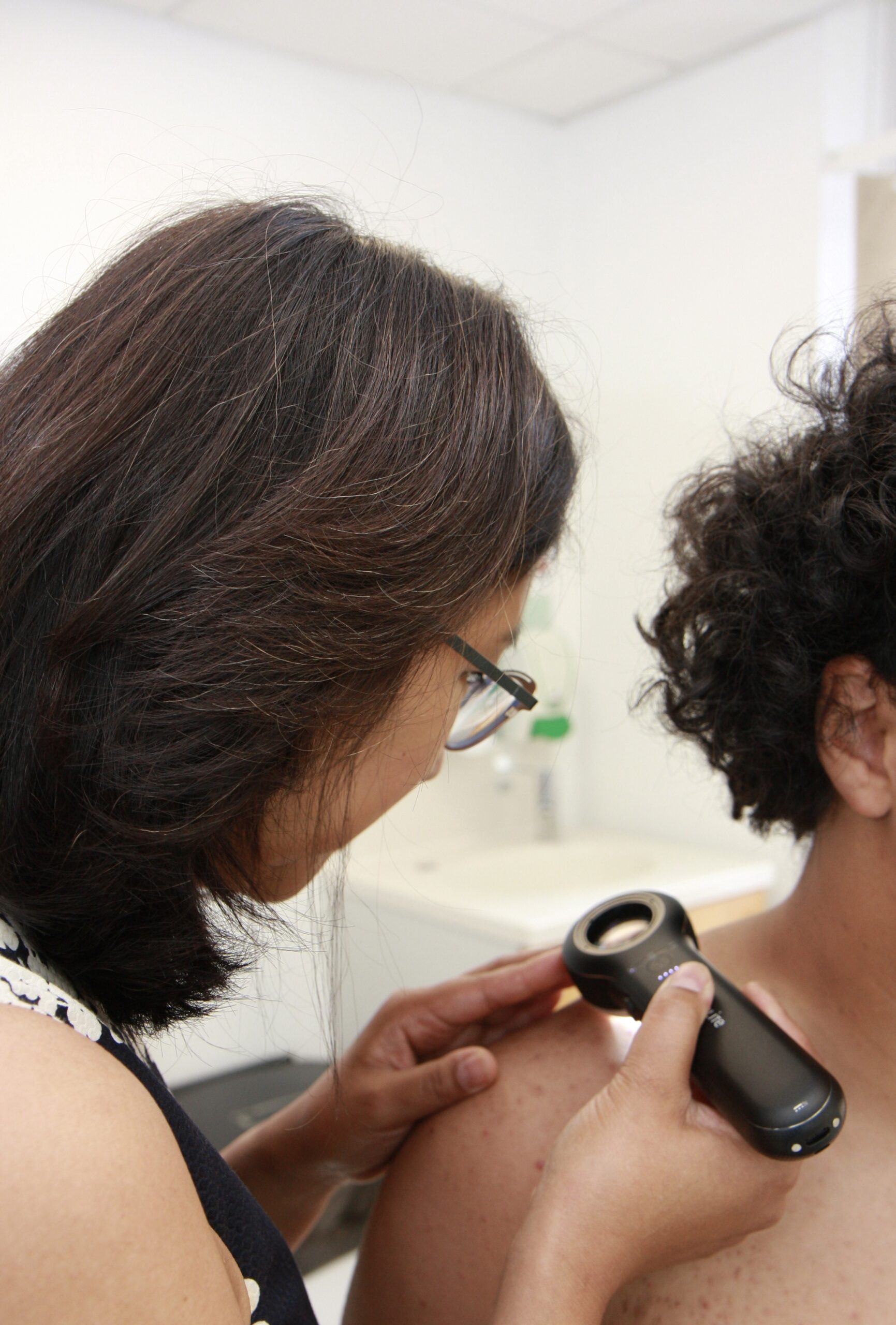
Common skin conditions
These are the most common conditions I see:
Please click through on the links above to visit the detailed information pages for Acne and Eczema.
Please look at the Skin Cancer sections below for more information on the different types and general preventative advice.
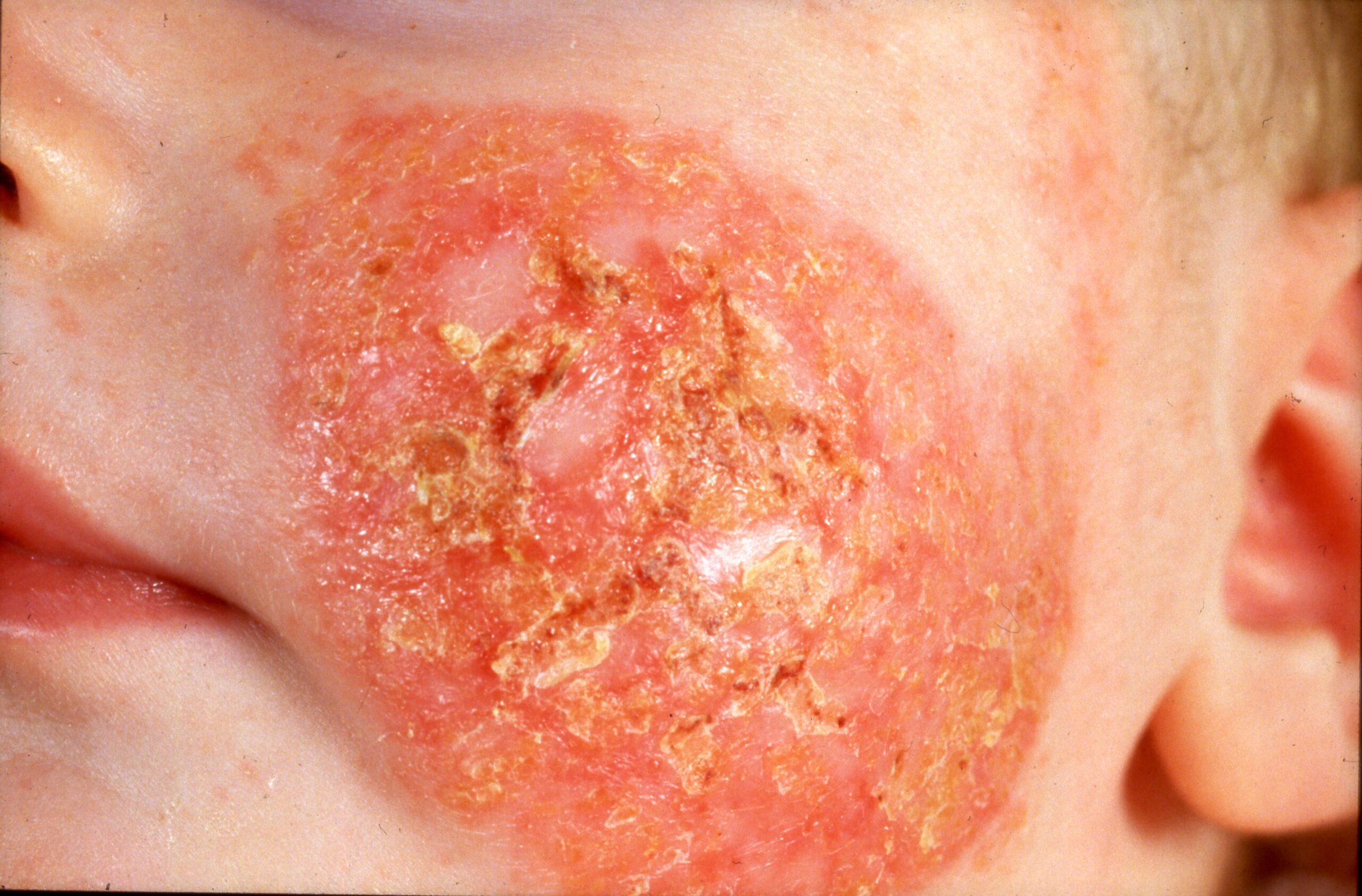
Skin cancer
There are several different types of skin cancer. These are the most common:
Please do have a look at the detailed information pages on each of these conditions, which explain more about each of them, including who is at risk, what the treatment options are, what these involve and what you can expect afterwards.
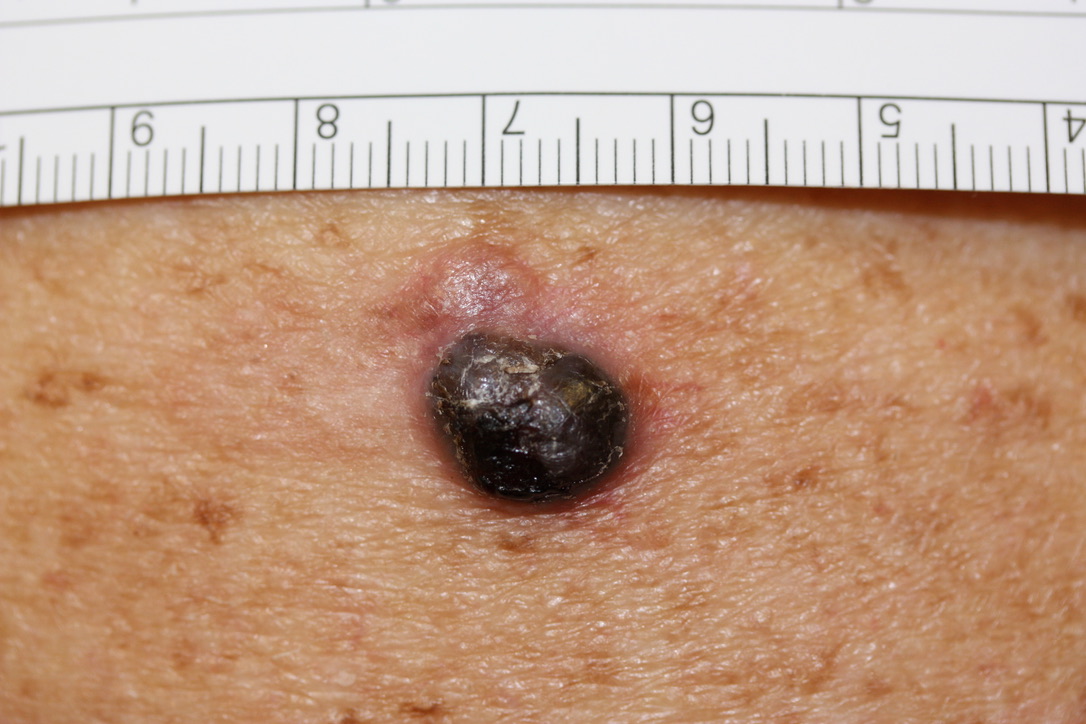
Skin Cancer – Prevention is Better Than Cure
Skin cancers are serious conditions – and some can be fatal, so prevention is very important.
Many of you will be familiar with the advice to beware of the strength of the sun, even in an English summer.
- Those with naturally fair skin are most at risk.
- Children and toddlers are even more at risk. Babies less than 6 months of age should be kept out of the sun.
- Always use high factor sun creams (minimum SpF 30-50 and ideally PA++++ rating) 20 mins before going out and reapply every 2h if you remain outside.
- Wear suitable protective clothing, a broad rim hat and sun glasses.
- Avoiding the sun is better protection than any suncream;
- Sunsuits and sun-hats are perfect for children and toddlers.
It’s also important to check your skin regularly – and consult your GP or dermatologist straight away if you notice any new, changing or odd skin lesions or have any concerns.

